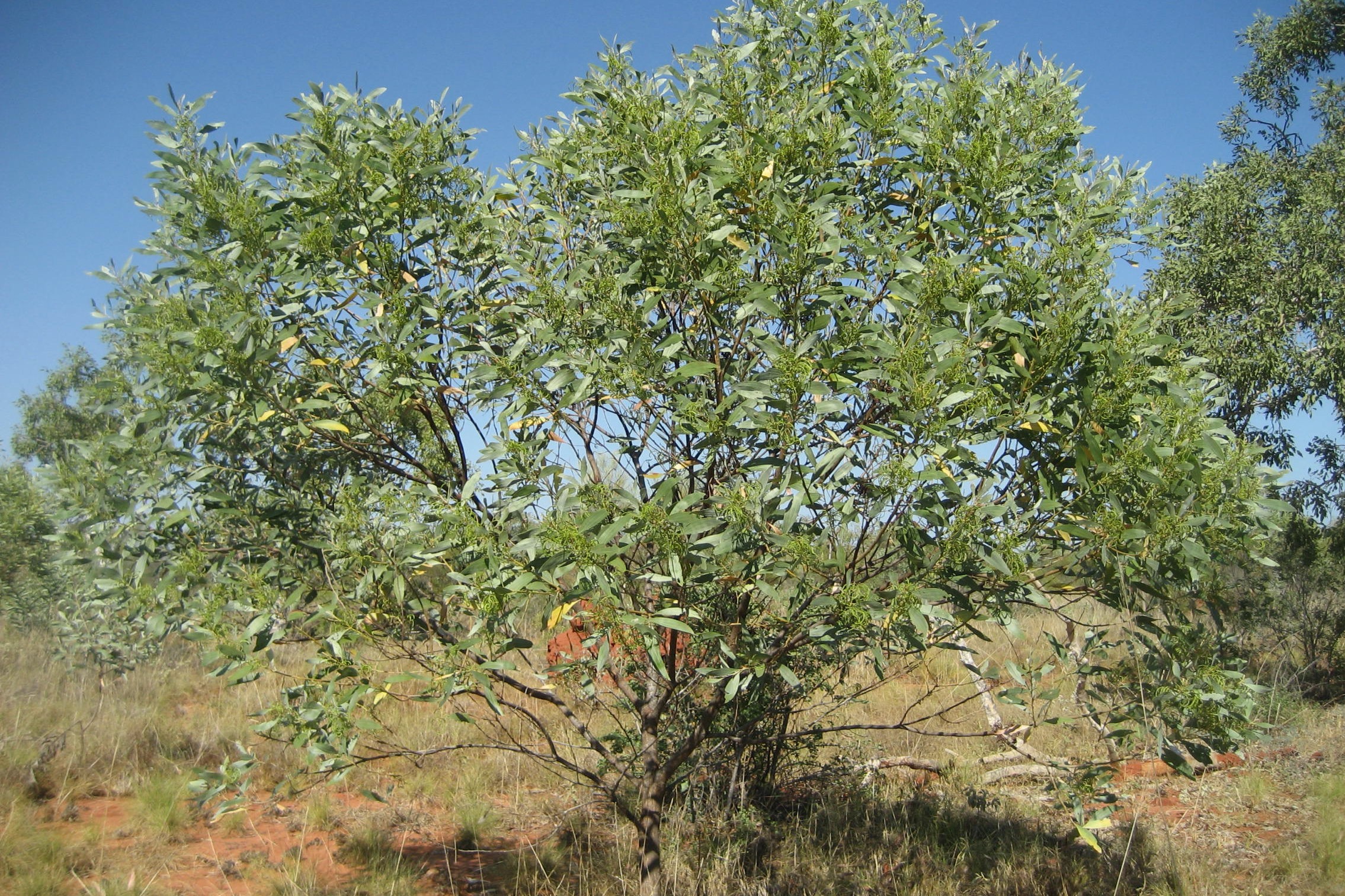World-leading Swinburne research will influence climate modelling

Acacia species in arid Australia. Credit: Mark Adams.
In summary
- Restoring acacia woodlands would be by far the best way to capture carbon from the atmosphere in outback Australia
- New data about the ability of trees and vegetation to acquire carbon and contribute to rainfall is likely to have major implications for climate modelling
- The research will help improve rainfall predictor models, especially in tropical zones
Ground-breaking research about the ability of trees and vegetation to acquire carbon and contribute to rainfall is likely to have major implications for climate modelling.
Published in one of the world’s leading science journals, the research – led by Swinburne University of Technology’s Professor of BioScience and Innovation, Mark Adams – is the culmination of three years’ work and is the third major study his group has published.
Professor Adams says their latest study shows that in dry climates like Australia, trees and other forms of vegetation respond to rising carbon dioxide in the atmosphere by increasing their efficiency in using water to acquire carbon.
'Vegetation that thrives in drier climates, like Acacia woodlands found throughout inland Australia, are particularly well placed to increase their carbon capture efficiencies,' says Professor Adams.
'They have the ability to acquire nitrogen from the atmosphere, bypassing soil nitrogen.'
Expanding data collection beyond Europe and the United States
These findings counter previous understandings of water use efficiency, which were based largely on research in Europe and the eastern USA, where humid conditions and histories of nitrogen pollution mask the underlying effects of aridity.
The majority of the world’s terrestrial surfaces are considered arid and lack the nitrogen pollution found in Europe and the USA.
Redefining climate models that predict rainfall
The Swinburne research is also significant for climate models used to predict future rainfall, which is critical for tropical regions where rainfall can be dictated by terrestrial conditions, not necessarily by oceans.
'Water use efficiency is now built into most modern climate models used to predict future rainfall. The greater understanding of how water use efficiency in trees and vegetation varies across the globe will help improve the models,' says Professor Adams.
Huge leap forward in availability of data
Data was painstakingly collected from 343 individual sources and more than 10,000 observations of the abundance of stable isotopes of carbon. The public availability of the data collected by Professor Adams and his research group will improve the scientific community’s ability to rapidly and positively influence climate modelling into the future.
Nature Communications science journal
This research was published in Nature Communications, which is an open access, multidisciplinary journal dedicated to publishing high-quality research in all areas of the biological, health, physical, chemical and Earth sciences. Papers published by the journal aim to represent important advances of significance to specialists within each field.
-
Media Enquiries
Related articles
-

- Astronomy
- Science
Swinburne appoints new Director of Innovative Planet Research Institute
Leading geodesy expert, Professor Allison Kealy, has been appointed as the inaugural Director of Swinburne University's Innovative Planet Research Institute.
Monday 22 April 2024 -

- Astronomy
‘Beyond what’s possible’: new JWST observations unearth mysterious ancient galaxies
A paper published in Nature details findings using new data from the James Webb Space Telescope challenges our understanding of how galaxies form.
Thursday 15 February 2024 -

- Science
Quantum research sheds light on the mystery of high-temperature superconductivity
An international team of scientists have made a new discovery that may help to unlock the microscopic mystery of high-temperature superconductivity and address the world’s energy problems.
Thursday 08 February 2024 -

- Technology
- Science
- Sustainability
- Engineering
CSIRO and Swinburne invest in green steel and mineral processing to help industry get to net zero
CSIRO and Swinburne have established a new partnership to tackle global decarbonisation with innovative green steel and mineral processing research and development.
Thursday 01 February 2024 -

- Technology
- University
Innovative approaches to teaching and learning funded by Adobe
A total of 10 diverse projects dedicated to improving the digital literacy of our students have been awarded Adobe Innovation Grants and Curriculum Innovation Program.
Wednesday 31 January 2024

